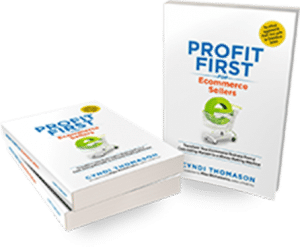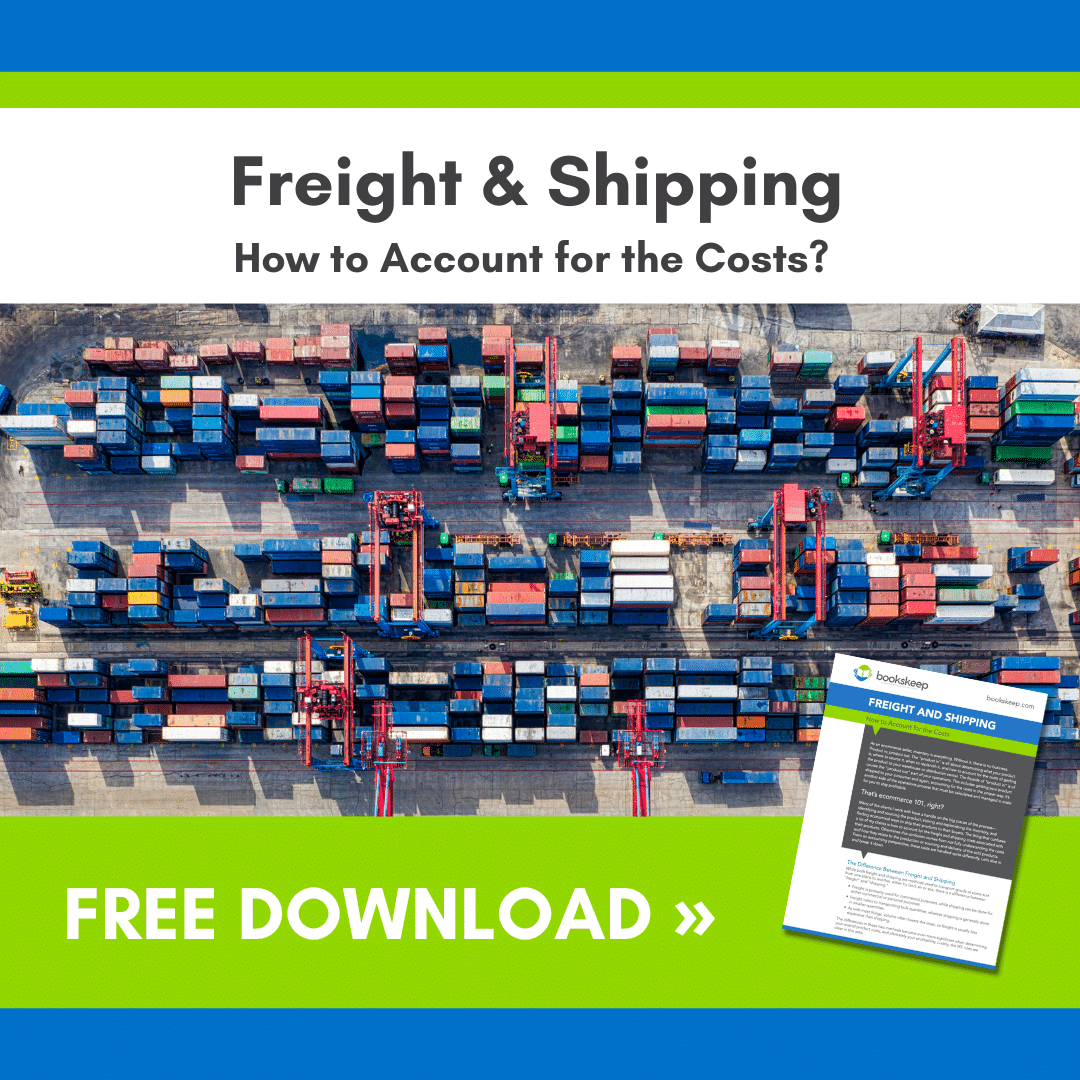
“Know your numbers” is a common phrase when we advise our clients. No one has ever asked me which numbers and why? But I think these are good questions, so I’m going to give you a rundown on the important numbers.
Let’s start by getting clear about the purposes your financial statements serve. Just like you, they wear multiple hats. First, these statements are the scorecard for your business performance. Second, they are your records for your tax professional to use to prepare your tax returns. Finally, they are the documents that you will share with business brokers and buyers so they can perform due diligence as you prepare to sell your business. Let’s dive into each of these purposes so you can better understand which numbers are important and why.
Scorecard For Your Business Performance
This is my jam! I love looking at clients’ financials and making sense out of the numbers. To start, make sure you are looking at reports that compare previous months to this month, this year vs last year, or year to date for this year compared to last. The value of your data is in the trends that it shows you.
Another important factor is understanding profitability at the gross margin level. Ensure that your bookkeeper is preparing your numbers using the accrual or modified cash approach through the gross margin level. This is important because you can track the cost of the products that you sold against the revenue that you received for those products. The cash basis accounting will not give you the ability to track profitability month by month. If you only have one metric in your business, know your gross margin and always work to improve it.
Finally, work to understand your numbers and what is consistent, and what are outliers. Do your advertising dollars track with your revenue? What makes up the top 20% of operating costs? Can any of them be reduced or eliminated? As you understand the numbers and their make-up each month, you can begin to focus on the ones that will generate improvement.
Input for Tax Preparation
Tax strategies should be considered at least annually with your tax preparer. Oftentimes, the considerations are bigger than just your business. They relate to your personal goals such as retirement and lifestyle costs. Depending on your needs, the entity type you choose for your business will impact the taxes owed from your business and what items are allowed as deductions. The way you prepare your books for taxes relates back to the entity type you chose. Be sure that you work with your tax preparer early in the year to develop your tax strategy and give yourself time to take make any adjustments in your entity type or to take advantage of the deductions they recommend.
Due Diligence Data for Business Sale
When you begin your business, the last thing on your mind may be the sale of your business. But with a little planning at the beginning, you can ensure that your financials help you in the end when your potential buyer or a broker is beginning to do due diligence. One aspect that will be important is handling your accounting on an accrual basis. This allows a potential buyer to understand the profitability month by month for the past 2-3 years.
You also want to understand and segregate the costs that you incur that allow you to reduce your tax liability but may not be critical to running the business, from the potential buyer’s perspective. For example, if you travel to conferences, this would be considered an “Add Back.” In other words, you will add this back to the bottom line (Net or Operating Profit) and report it in a separate section of your P&L called Add Backs. This will allow your potential buyer to understand the profits without your discretionary spending that helps you achieve your tax strategy.
As you can see, depending on your objectives, you may have different purposes for your financial statements. In your business, all the transactions are recorded and reconciled to make up the numbers, but how you monitor and report them will help you achieve the different purposes.
Interested in Profit First?

You can also sign up for the Profit First for Ecommerce Sellers Online Course. As a Mastery Level, Certified Profit First Professional, I will teach you why Profit First works so well for ecommerce businesses and the particular challenges for businesses that have physical products requiring inventory management. You will learn how your behavior drives your money management habits for your business and how you can set up your business bank accounts to work with your habits.
Check out all our ecommerce accounting and profit advising services here!




Leave a Comment